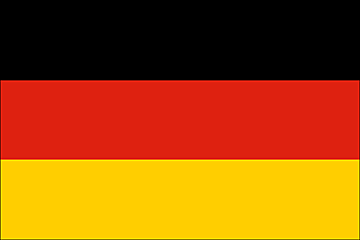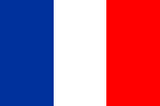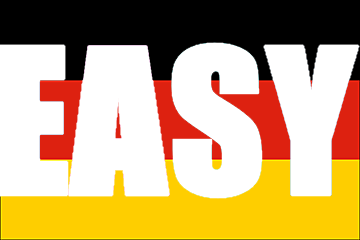

ICF-CY MedUse Practice Translator Coding Support Tool
Enter a search term
Search / Coding History
439 hits found for -1" OR 3*2<(0 5 327-327) -- in search historyOrder:
|
Back to search |
Browsing ICF-CY Code | Show complete ICF-CY Code |
| for: -1" OR 3*2<(0 5 327-327) -- |
 =Select (and add) this code =Select (and add) this code  =Browse from root node =Browse from root node  Click on a code to expand the branch Click on a code to expand the branch |
| ICFCY-Code | Title | Description | |
| < | |||
| b (550) | BODY FUNCTIONS | description | |
| s (329) | BODY STRUCTURES | ||
| d (570) | ACTIVITIES AND PARTICIPATION | ||
| e (273) | ENVIRONMENTAL FACTORS | ||
| e4 (14) | CHAPTER 4 ATTITUDES | This chapter is about the attitudes that are the observable consequences of customs, practices, ideologies, values, norms, factual beliefs and religious beliefs. These attitudes influence individual behaviour and social life at all levels, from interpersonal relationships and community associations to political, economic and legal structures; for example, individual or societal attitudes about a person's trustworthiness and value as a human being that may motivate positive, honorific practices or negative and discriminatory practices (e.g. stigmatizing, stereotyping and marginalizing or neglect of the person). The attitudes classified are those of people external to the person whose situation is being described. They are not those of the person themselves. The individual attitudes are categorized according to the kinds of relationships listed in Environmental Factors Chapter 3. Values and beliefs are not coded separately from the attitudes as they are assumed to be the driving forces behind the attitudes. | |

|
e465 | Social norms, practices and ideologies | Customs, practices, rules and abstract systems of values and normative beliefs (e.g. ideologies, normative world views and moral philosophies) that arise within social contexts and that affect or create societal and individual practices and behaviours, such as social norms of moral and religious behaviour or etiquette; religious doctrine and resulting norms and practices; norms governing rituals or social gatherings. |










